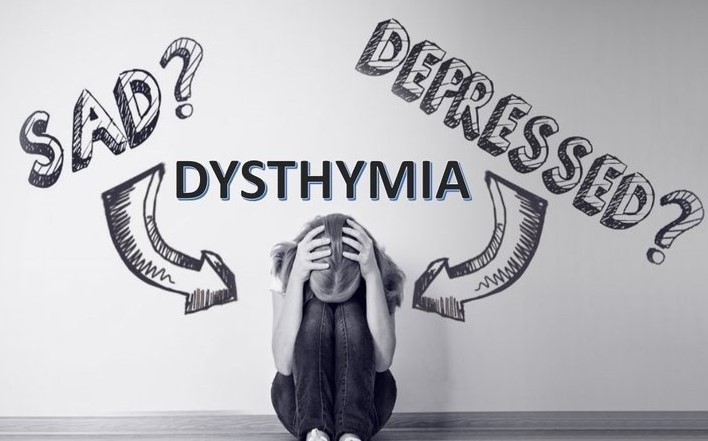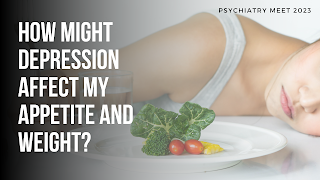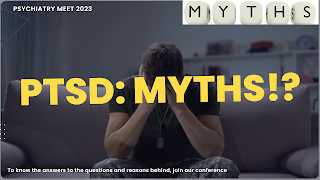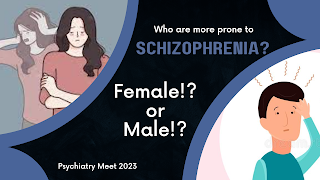Can Depression and Anxiety cause Heart problems?

Anxiety and depression disorders come with a high amount of fear and uncertainty. When this fear and certainty keeps the heart attack or heart disease patient from following the advice and treatment plan by their respective cardiologist, it can have a major impact on the recovery. When someone is anxious, their body reacts in a way that can put an extra strain or effect on their heart. The physical symptoms of anxiety and depression or some psychological issues can be mostly damaging among the individuals with the existing cardiac disease. Anxiety and Depression may have an association with the following heart disorders and cardiac risk factors: Rapid heart rate (tachycardia) – In serious cases, this can interfere with the normal heart function and increases the major risk of sudden cardiac arrest or attack. Increased blood pressure – If becomes chronic, can lead to the coronary disease, weakening of the heart muscle and the heart failure. Decreased heart rate variability – May ...





